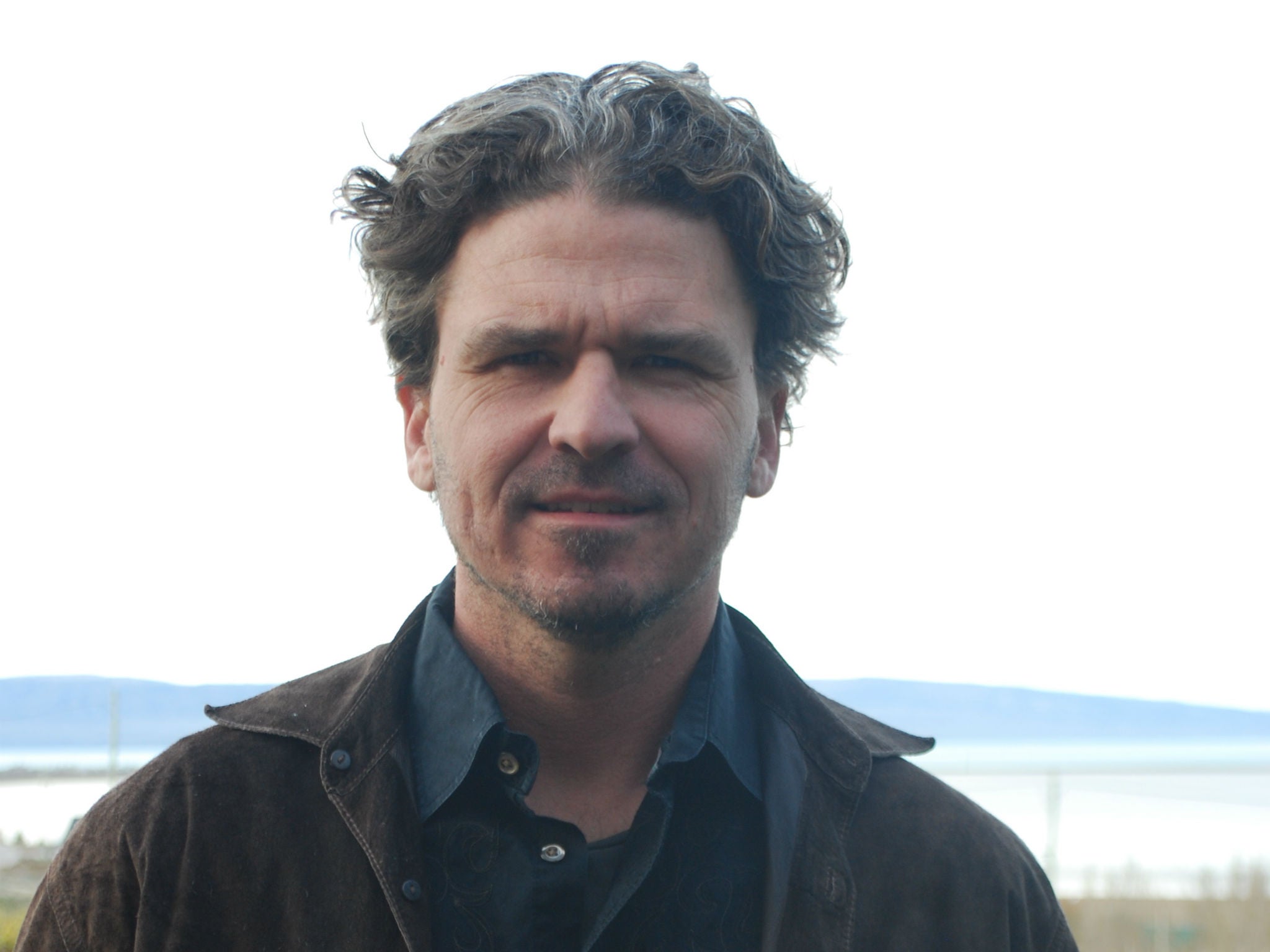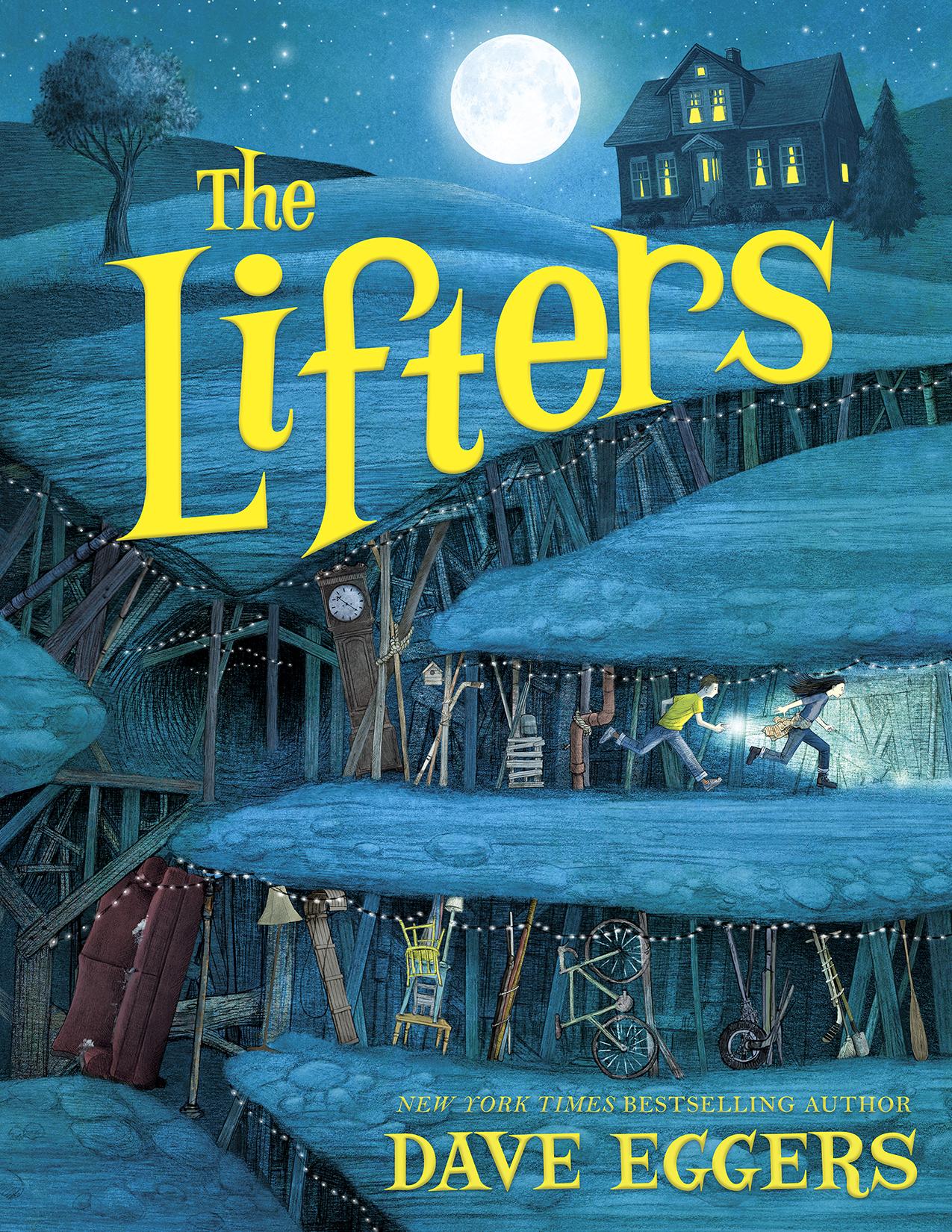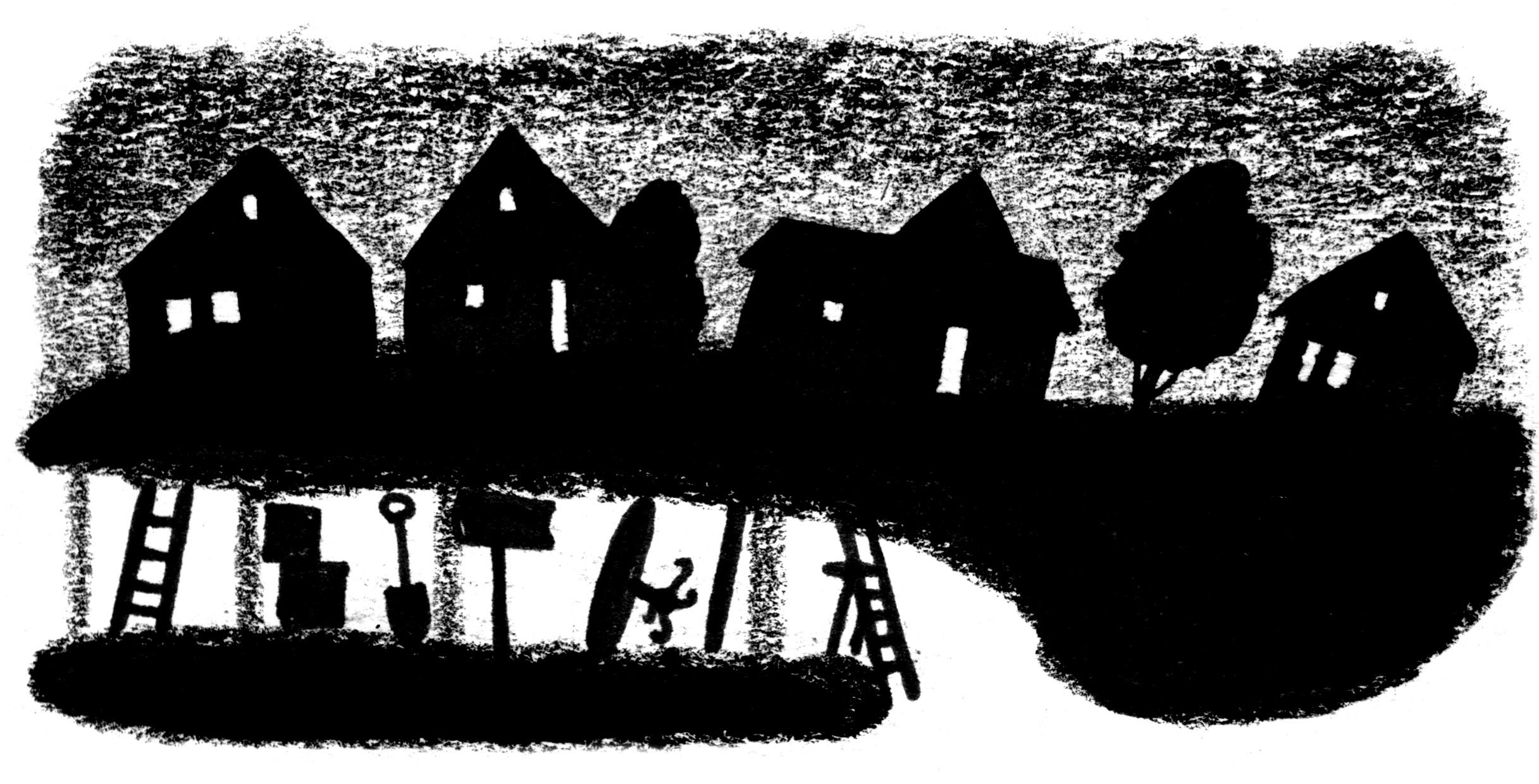Dave Eggers interview: 'Young readers are the purest. They're so honest'
The bestselling author of ‘The Circle’ on why he has turned to magical realism for kids to explain our current place in the world

Your support helps us to tell the story
From reproductive rights to climate change to Big Tech, The Independent is on the ground when the story is developing. Whether it's investigating the financials of Elon Musk's pro-Trump PAC or producing our latest documentary, 'The A Word', which shines a light on the American women fighting for reproductive rights, we know how important it is to parse out the facts from the messaging.
At such a critical moment in US history, we need reporters on the ground. Your donation allows us to keep sending journalists to speak to both sides of the story.
The Independent is trusted by Americans across the entire political spectrum. And unlike many other quality news outlets, we choose not to lock Americans out of our reporting and analysis with paywalls. We believe quality journalism should be available to everyone, paid for by those who can afford it.
Your support makes all the difference.The Lifters is “about a kid with an embarrassing name”: Granite Flowerpetal. “He was stuck with a last name that didn’t sound very intimidating. So his father gave him a counterbalancing first name,” says the bestselling author Dave Eggers of his latest creation.
Twelve-year-old Granite moves from a life of relative affluence with his family near the coast to the fictional town of Carousel, thousands of miles from the sea, so his father can find work. On the one hand, the boy is able to start over and shorten his name to Gran (though later realises Grant would have made much more sense). On the other, he has to create a new identity in a new place.
He tries to insinuate himself into the life of a hard-to-impress girl with an unusual name of her own – Catalina Catalan – and the pair discover an underground warren of child-sized tunnels after opening a doorway in a hillside. The only ones who know of the wonders and terrors below, they slowly become responsible for keeping everyone aboveground safe.
With a background in journalism, Massachusetts-born Eggers first broke onto the literary scene in 2000 with creative non-fiction book A Heartbreaking Work of Staggering Genius. The partly fictionalised memoir – chronicling the loss of both parents to cancer when Eggers was just 21, and the subsequent responsibility he faced of raising his younger brother – took the world by storm.
Praised for its originality and experimental style, its story of trauma struck a chord, and it reached the top of The New York Times bestseller list and was a finalist for the Pulitzer Prize.
Since then he’s proven prolific, writing fiction (What Is the What, Heroes of the Frontier), non-fiction (Surviving Justice: America’s Wrongfully Convicted and Exonerated), screenplays and film adaptations (Where the Wild Things Are and The Circle, adapted from his own novel), as well as running his own independent publishing house, McSweeney’s.

So what led him to write for children? “I actually first started outlining the idea for the book about 10 years ago,” Eggers explains. “We have a writing and tutoring centre for young people out here in San Francisco, called 826 Valencia, and through that I started getting back into middle-grade books which I hadn’t read since I was a kid. And I was reminded of how much I loved so many of them.”
Through this philanthropic literacy project, which he cofounded in 2002 and now operates across the US and beyond, he rediscovered the joy of writing for young readers. “Writing novels is not always fun – it can be a real slog. But there’s something crisp, streamlined, delightful, to use a corny term, about so many of these books. Things move at a steady pace, they are relatively unselfconscious in their storytelling. I started taking notes, and it was just about three years ago that I finally got down to writing The Lifters. And I just had so much fun.”
He was also inspired by what he sees as a “golden age” for children’s fiction. “There’s so many great books for young readers that really aren’t just for young readers. As Harry Potter and Lemony Snicket demonstrate – these books are secretly read by almost as many adults as they are kids.”
His latest book equally achieves this balance of clean storytelling in short, sharp chapters with enough edge, wit and mystery to hold a universal appeal.
Throughout Eggers’s career he has to an extent become a representative of liberal America, giving voice to the dispossessed and tackling thorny social issues. A Hologram for the King (2012) dealt with the financial crisis, 2013’s bestseller The Circle tapped into the societal anxieties at play within our increasingly digital era (it was adapted into a 2017 film starring Emma Watson, Tom Hanks and John Boyega).

While this latest fiction is directed at a younger audience, its undercurrent is no different, taking the reader into a forgotten America through the eyes of a young boy.
“Originally the setting was based on the hills outside San Francisco,” explains Eggers. “Then I visited rural Pennsylvania, which is also hilly, and some other industrial rust-belt towns that had been thriving before the collapse of manufacturing, and I was really intrigued – what would it be like to be in a town collapsing in on itself?”
Fascinated by what he found, conditions in these economically carved-out regions – which later proved fertile breeding ground for Donald Trump supporters seduced by promises of revitalising homegrown manufacturing in the run-up to the 2016 presidential election – became a metaphorical point of inspiration for the world in his book.
“This part of the US is so pretty, indescribably pretty. But we think about it as this lost area that has all of its best days behind it. In lots of ways these towns are frozen in time. The grocery store that was built in the Forties hasn’t been touched or updated since then. [But] there’s a lot of pawn shops, a lot of personal injury lawyers. So that’s where the political element came in.”
“I definitely don’t want to overstate the political aspects,” Eggers quickly adds. “Trump won’t be around for long, so I don’t want anyone to think it’s about him. It was conceived before Trump was this glimmer in the eye of part of our electorate, and hopefully will outlast him.”

Rather, his time spent with young people and reflecting on his own chaotic youth has driven him to find new ways to reach such readers: “My goal was to tell a story about young people and their responsibility for the welfare of everyone around them,” he says. “Year after year we continue to strip kids of any responsibility. I think to protect them we infantilise them, but we forget that kids desperately want to be given responsibility. So I’m exploring a real-world scenario which then moves into a more magical-realism realm where the kids have to take charge because no one else can be trusted.”
Having already produced a number of works for young people, including 2015’s This Bridge Will Not Be Gray, Eggers now sees children’s fiction as central to his creative output. “I have a lot of friends that write books for kids, and they were always the happiest people I knew. I took note of that. I think it’s because young readers are the purest readers. They’re so honest, so ready to believe, so pleased to be delighted.”
Writing for a varied audience also helps the writer stay fresh. “Now I’m working on a very grim adult novel. I’ve always had to pivot between something very dark and lighter, fiction and non-fiction.” And with The Monk of Mokha, which is about the true story of a young Yemeni-American man who had a dream of starting his own coffee company, recently released, and Her Right Foot, a non-fiction kids’ picture book examining the Statue of Liberty, on the horizon, that eclecticism seems here to stay.
The main thing about literature, whether for young or old, is that it has a unique power to allow readers to get under the skin of contemporary issues, he suggests. “Novels can illustrate something that you otherwise wouldn’t see clearly,” Eggers says, using The Circle as an example. “You can read a lot of doomsday essays about the perils of the internet, but we always learn best through stories. We retain information through walking someone else’s shoes or seeing something through someone else’s eyes – it’s just the way we’re built.”
That’s why, for Eggers, fiction will never die. “Storytelling is in our bones. Fiction has a very unique place: it most mirrors our inner psyche, the way we tell ourselves stories. We don’t dream in non-fiction, we actually dream in fiction every night. We’re wired to be moved, outraged and edified through fiction. So no matter how many times people want to call it dead, it never seems to die.”
‘The Lifters’ is published in the UK by Scholastic, 25 April
Join our commenting forum
Join thought-provoking conversations, follow other Independent readers and see their replies
Comments